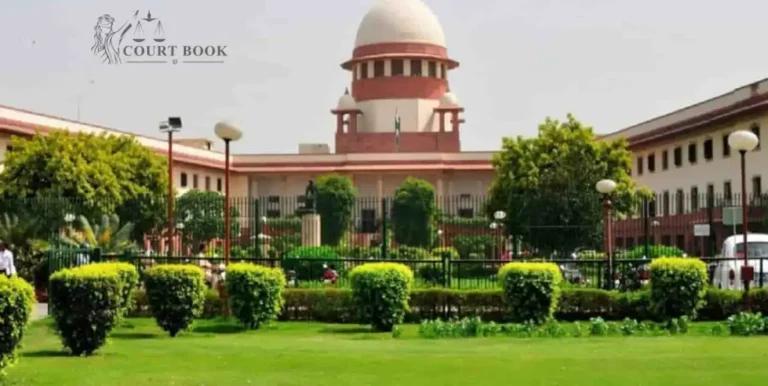The Supreme Court of India has reaffirmed a crucial legal principle — if an employee receives excess payment without any fraud or misrepresentation, such amount cannot be recovered later by the employer.
"This Court has consistently taken the view that if the excess amount was not paid on account of any misrepresentation or fraud on the part of the employee or if such excess payment was made by the employer by applying a wrong principle for calculating the pay/allowance or on the basis of a particular interpretation of rule/order, which is subsequently found to be erroneous, such excess payments of emoluments or allowances are not recoverable."
– Supreme Court, Justice PS Narasimha
A bench of Justice PS Narasimha and Justice Prashant Kumar Mishra passed this ruling while hearing appeals filed by Stenographers and Personal Assistants from the Orissa District Judiciary. The appellants were challenging recovery orders issued years after their retirement. The amount of excess payment ranged between ₹20,000 to ₹40,000.
These recoveries were issued:
- Nearly three years after the employees' retirement
- And six years after the payments were made
Initially, the High Court had dismissed their petitions, following which the aggrieved employees approached the Supreme Court for relief.
Background of the Case
The employees were non-gazetted ministerial staff, and the alleged overpayments were due to errors in rule interpretation or miscalculations by the employer. The appellants had no role in these miscalculations. Yet, recovery orders were passed without providing any opportunity of hearing to them.
Read also: Supreme Court Suggests Centre Handle Plea to Ban Social Media Access for Children Under 13
The Court referred to its earlier ruling in the case of Thomas Daniel vs. State of Kerala & Ors (2022) and reiterated key principles concerning recovery of excess payments.
In that case, the Court held that recovery would be impermissible in the following scenarios:
- From employees in Class III and Class IV (Group C and Group D) services
- From retired employees or those due to retire within one year of the recovery order
- If the excess payment was made for a period exceeding five years before the recovery order was issued
- Where an employee was wrongly assigned higher post duties and paid accordingly, even though they were entitled to a lower post
- In any situation where the recovery would be harsh, arbitrary, or iniquitous, outweighing the employer's right to recover
“The appellants having superannuated on a ministerial post of Stenographer were admittedly not holding any gazetted post. As such, applying the principle enunciated by this Court in the above quoted judgment, the recovery is found unsustainable.”
– Supreme Court
The Court stressed that relief from such recoveries is not a legal right of the employee but is based on judicial discretion in equity, especially to protect employees from financial hardship caused by such recoveries after retirement.
The Supreme Court allowed the appeals and held that the recoveries ordered were unsustainable. The bench ruled that since the petitioners:
- Were not responsible for the overpayment,
- Were not given an opportunity to be heard,
- Had already retired from non-gazetted posts,
there was no legal or equitable ground to permit such recovery.
“Such relief against the recovery is not because of any right of the employee but in equity, exercising judicial discretion to provide relief to the employee from the hardship that will be caused if the recovery is ordered.”
– Justice Narasimha
Case : Jogeswar Sahoo and others vs The District Judge Cuttack and others















